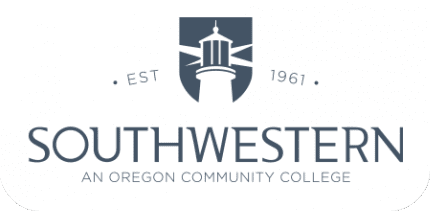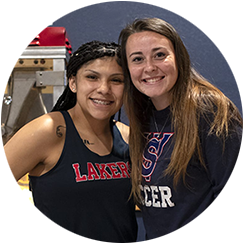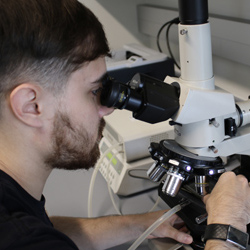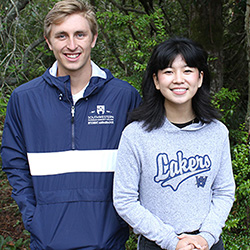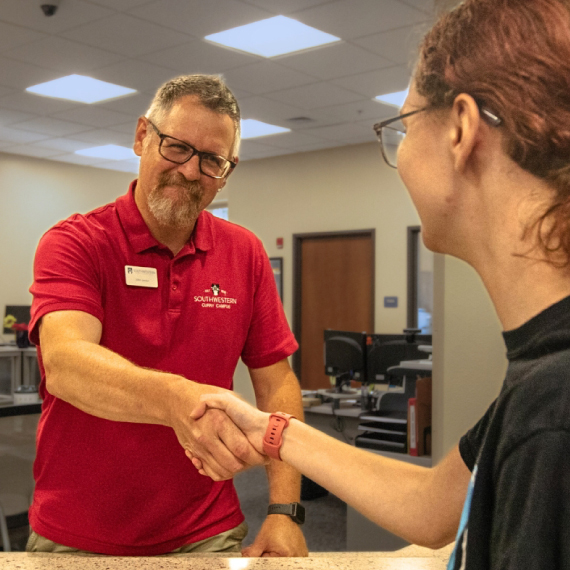Human Services
(Behavioral Health)
Enroll now! We’ll walk you through everything you need to know to become a student.
Apply Now
Get helpful updates on programs, deadlines, and other tips about enrolling.
Request Info
Come see why Southwestern Oregon Community College is a great place to learn.
Visit
CONTACT
Text or Call: 541-240-8227
Email
Empathy in action – Build a compassionate future!
The Human Services field—often referred to as behavioral health—is all about making a difference in people’s lives. At Southwestern, our Human Services program prepares students for careers in mental health, addiction recovery, case management, social work, and community health. With a growing demand for professionals in these fields, now is the time to turn your passion for helping others into a meaningful career.
Our Human Services Associate of Applied Science (AAS) degree combines classroom learning with hands-on practicum experiences, giving students real-world training in behavioral health and social services. Graduates of this degree can register as Qualified Mental Health Associates (QMHA-Rs) immediately upon graduation—helping fill critical gaps in the behavioral health workforce.
Whether you’re starting your career or planning to continue your education in counseling or social work, our flexible pathways allow you to tailor your studies to your goals. Join us and start your path to meaningful change today!
Enroll now! We’ll walk you through everything you need to know to become a student.
Apply Now
Get helpful updates on programs, deadlines, and other tips about enrolling.
Request Info
Come see why Southwestern Oregon Community College is a great place to learn.
Visit
CONTACT
Text or Call: 541-240-8227
Email
What is Human Services?
At the core, Human Services is about helping people in practical ways. Commonly referred to as “behavioral health,” you will build skills to assist in social services leading to professions that support people and communities in achieving social, emotional and practical well-being.
Need help with costs?
Ask about possible support through SNAP Training & Employment Program (STEP)
Degrees & Certificates
Specific overview, class descriptions and courses you’ll take for each degree/certificate.
Human Services
If you have an intrinsic motivation to help others, Human Services could be a great fit! Explore the path that best fits your goals…
Human Services, Associate of Applied Science (AAS)
- This two-year degree program combines core coursework in psychology, social work, and counseling with practical experience. It prepares students for immediate entry into the workforce or for further education in human services fields. Graduates can register as Qualified Mental Health Associates (QMHA-Rs) immediately upon graduation. Students will also receive the one-year Addiction Studies Certificate (which is embedded within this degree path). The program includes courses in counseling, crisis intervention, ethics, and multicultural issues, along with in-person practicum experiences.
Human Services: Addiction Studies, Career Pathway Certificate of Completion
- This one-year certificate program is designed for those specifically interested in addiction counseling. It covers essential topics such as addiction thory, counseling techniques, and ethics. This certificate prepares students for the Certified Alcohol and Drug Counselor (CADC) registration and provides a pathway to employment in addiction treatment centers.
A FUTURE OF HELPING
Make a positive impact
Gain real-world experience
Tailor your path to your goals
MEET OUR STUDENTS
Read more about the students below, including what attracted them to pursue Human Services in the story Human Services: One Degree, Many Paths
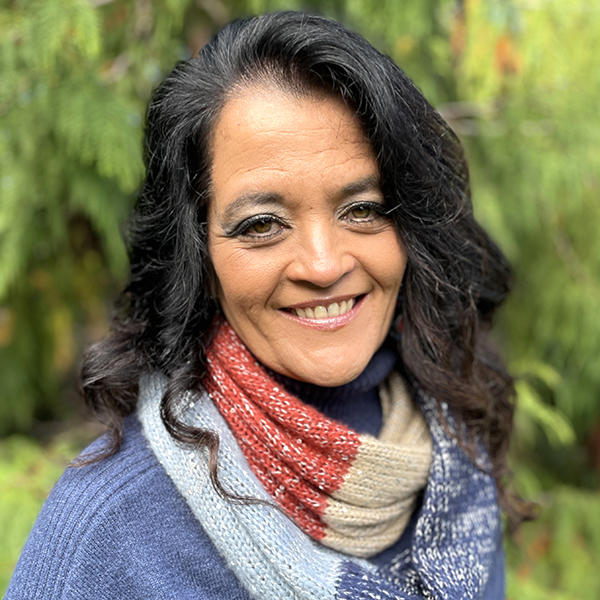
“My education at SWOCC has given me confidence. I understand so much more, and I have grown with new skills, knowledge, and experience all centered around mental health and behavioral issues. … My degree is a goal I finally see coming to light. Now I want to go back to working with kids locally and bringing all that I’ve learned to the community I love.”
– Anna (Carter) Perry, Human Services Student

“I want to be the person for struggling teens that I wish I had when I was their age. I’m addicted to learning and I want to keep going, perhaps earn my bachelors degree. I’m ready!”
– Ashley Cook, Human Services Student

EXPLORE HIGH-DEMAND CAREERS IN HELPING PROFESSIONS…
Case Managers – Coordinate care and services in various settings.
Child Welfare Workers – Protecting and supporting children and families involved in the child welfare system.
Community Health Workers – Promote health and wellness in communities through education and outreach.
Grant Writers and Program Coordinators – Develop and manage programs that serve community needs.
Mental Health Counselors – Help clients manage mental health issues.
Probation Officers – Supervise and support individuals on probation to prevent reoffending.
Qualified Mental Health Associates (QMHAs) – Provide direct mental health support as part of a growing workforce addressing behavioral health needs in Oregon.
Social Workers – Support and advocate for individuals and families.
Substance Abuse Counselors – Assist individuals in addiction recovery.
MEET YOUR INSTRUCTOR
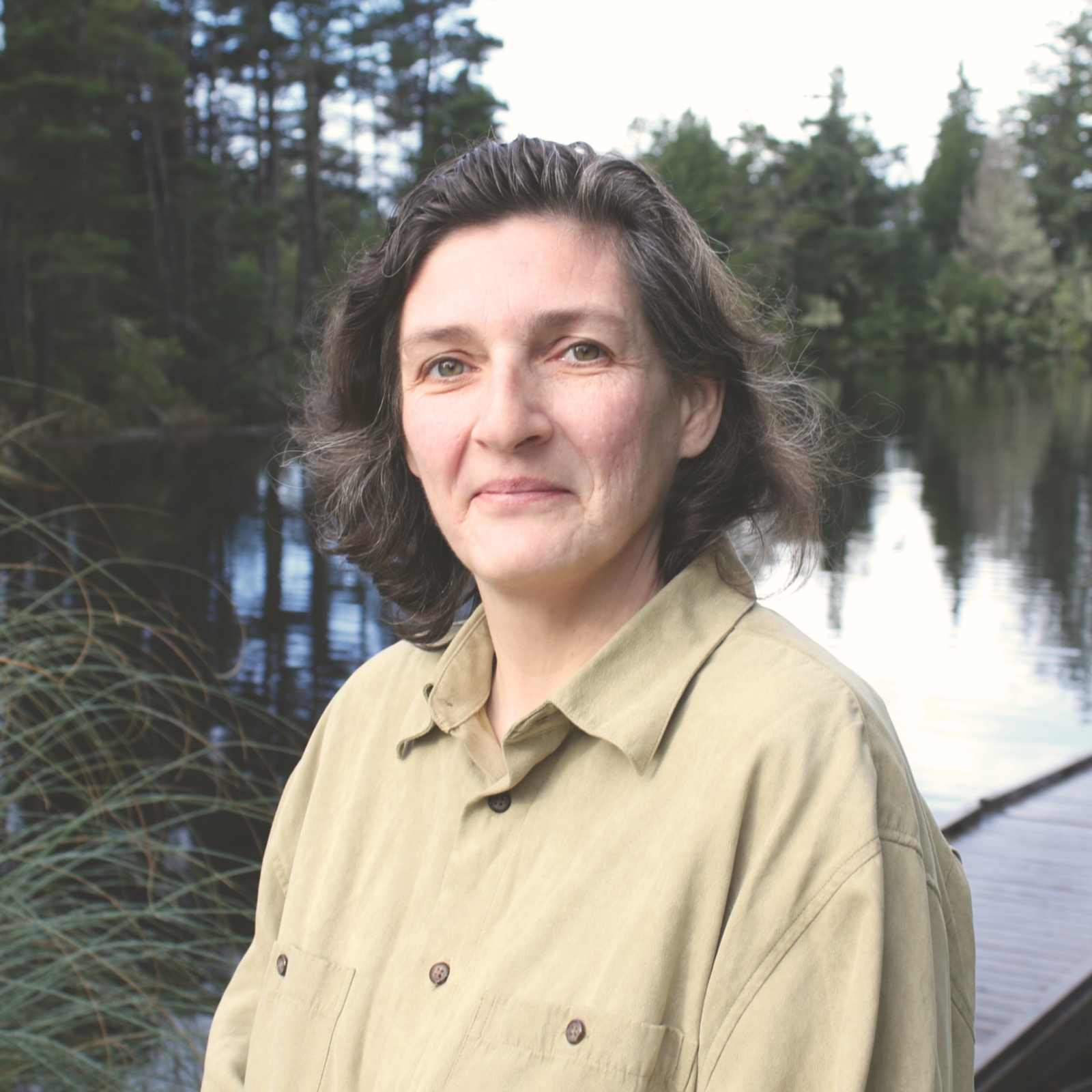
Dr. Jenn Lewis, PhD
Assistant Professor of Psychology and Human Services
Dr. Jenn Lewis grew up splitting her time between California and the UK, where she’s from originally. Jenn attended the University of Alaska to obtain her Master’s in Clinical Psychology, and stayed on to work as a therapist and teacher. After obtaining her PhD through Northcentral University, she landed in Georgia for an adjunct faculty position in psychology.
Jenn is happy to be back on the West Coast and teaching Human Services courses at Southwestern since Fall 2023. Jenn says, “For me, it has been figuring out how to put my desire to help people to work, and where I can do the most good. Connecting and helping has been the theme of my life’s work.”
THE PRACTICUM MODEL
What to Expect
Our program focuses on growth, connection and practical experiences, including:
- Real-World Application: Apply theories/techniques in real-world settings
- Skill Development: Build and refine skills in a supportive environment
- Career Exploration: Explore different roles and find your ideal career path
- Professional Networking: Make valuable connections that can lead to potential jobs
- Community Impact: Help solve local issues while gaining valuable experience
